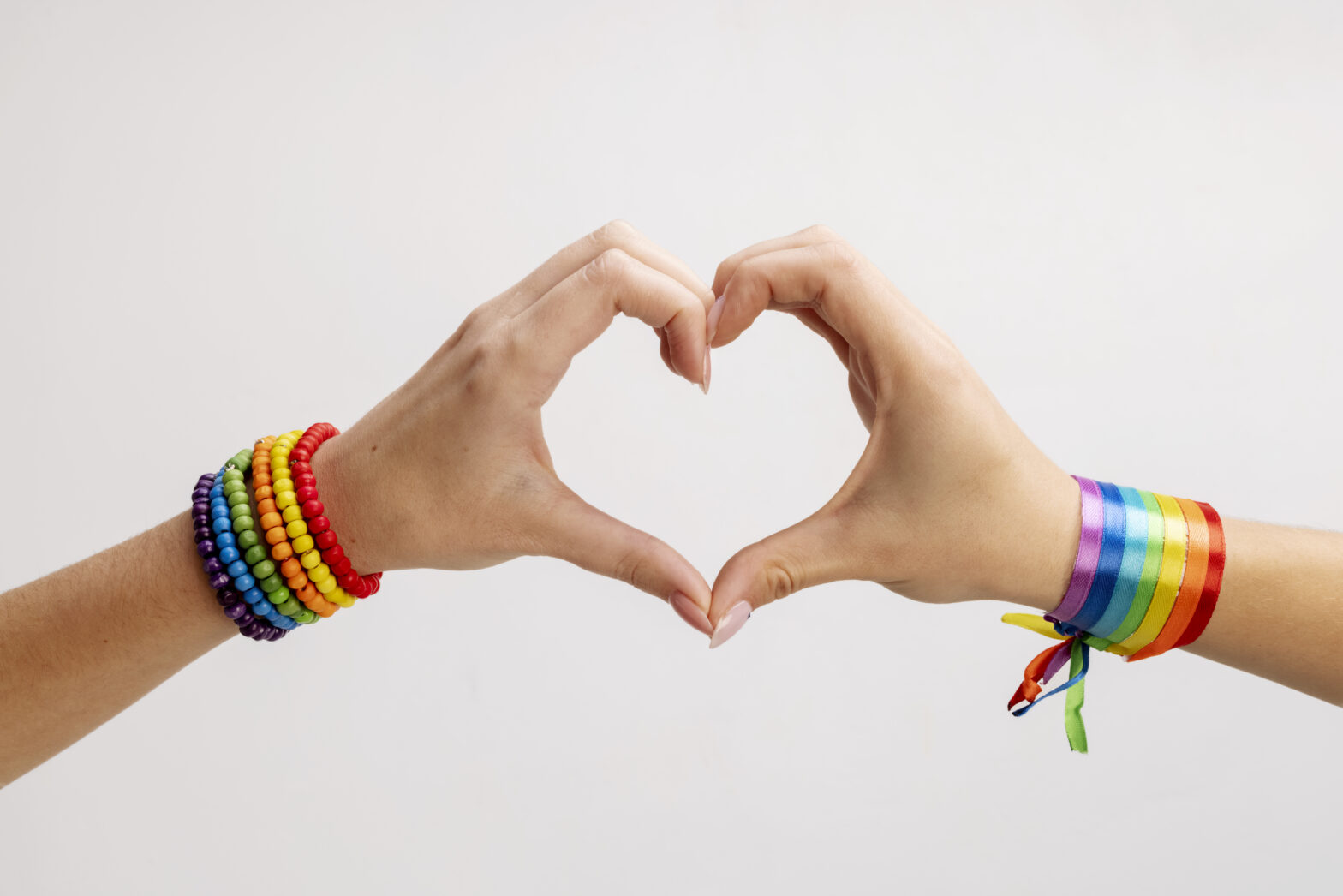Amid all the controversy over LGBTQ+ advertising, a new report from the Cultural Inclusion Accelerator (CIA) and the ANA’s Alliance for Inclusive and Multicultural Marketing (AIMM) suggests that a vast majority of the general population not only feel comfortable with but actively support LGBTQ+ representation in advertising and media.
The study, which surveyed a diverse group of over 2,300 adults aged 18 and above from across the United States during June, sought to understand public attitudes towards LGBTQ+ representation in various forms of media and advertising.
The study arrives in the wake of a summer that saw several brands retracting their LGBTQ+ advocacy and a wave of anti-LGBTQ+ laws. Household names like The North Face, Adidas, M&M’s, Calvin Klein and Target each faced criticism from conservatives for their pro-trans marketing campaigns. Notably, the backlash Bud Light received for its campaign featuring a trans influencer provoked an undercurrent of fear among marketers.
But this research shows markers where consumers’ heads are at, and it tells a much different story.
What did it find?
- 77% of the general population are comfortable with gay and lesbian representation in ads, while 22% are not comfortable
- 74% of the general population are comfortable with transgender representation in ads, while 26% are uncomfortable
- Four in 10 consumers show greater motivation to support brands that take LGBTQ+ marketing efforts; three in 10 remain neutral
- For every consumer supporting brands that back down from LGBTQ+ advertising, there are 1.8 consumers who would withdraw support from brands that acquiesce to anti-LGBTQ+ attacks
- Consumers are twice as likely to withdraw support for a brand that scales back its LGBTQ+ advertising due to criticism, with women being 40% more likely than men to withdraw their support
- 50% of non-LGBTQ+ self-identified allies would withdraw support from brands that back down from inclusive advertising efforts due to criticism
“We have recently seen marketers’ confusion as to whether they should double down on their LGBTQ+ efforts or take some time to rethink their ... inclusive advertising, particularly LGBTQ+, and assess consumers’ expectations of brands,” Carlos Santiago, co-founder of the ANA’s AIMM, told The Drum. “We are witnessing a potential shift. We knew this was a special time in our environment, where we needed to hear from all consumers about how they feel about that LGBTQ+ representation.”
Santiago adds that this survey provides marketers with two key takeaways. The first is that the LGBTQ+ community extends well beyond the 7% who identify as queer. When considering allies and family members of LGBTQ+ individuals, the community encompasses nearly 50% of American adults.
The second point refers to one of the key findings: consumers are two times more likely to withdraw support for brands that back down on their pro-LGBQ+ efforts after experiencing criticism.
“That is a major message to send to all marketers,” he said. “What we know, based on this survey, is that there is a very significant risk of losing the loyalty and support of LGBTQ+ allies and many others in the general public who do not think brands should be withdrawing their efforts to represent all segments of the population with equality.”
Source: thedrum.com

